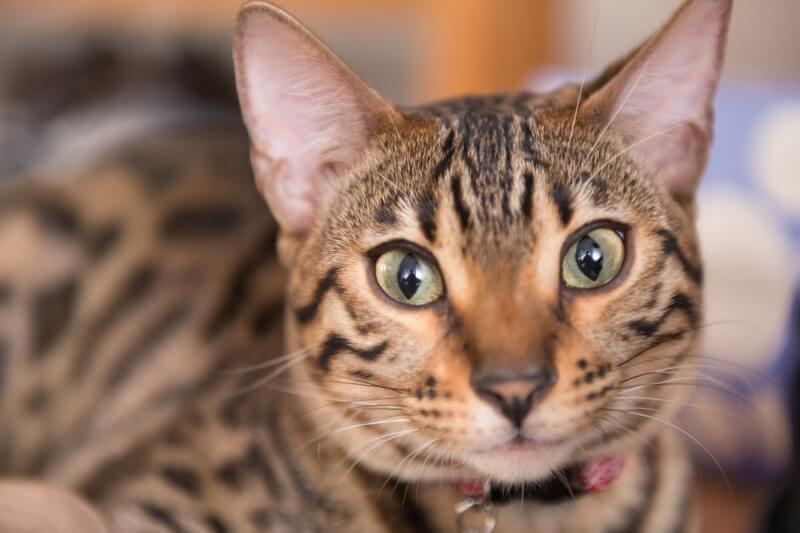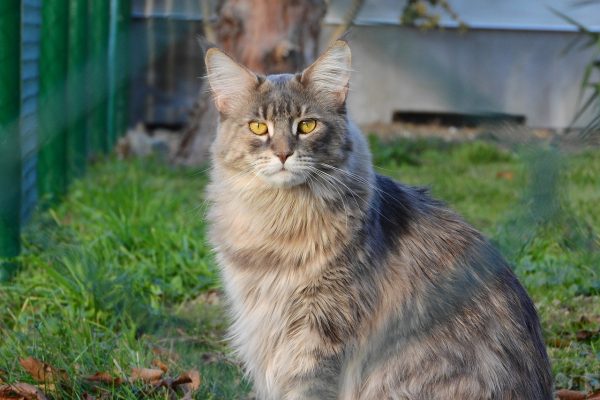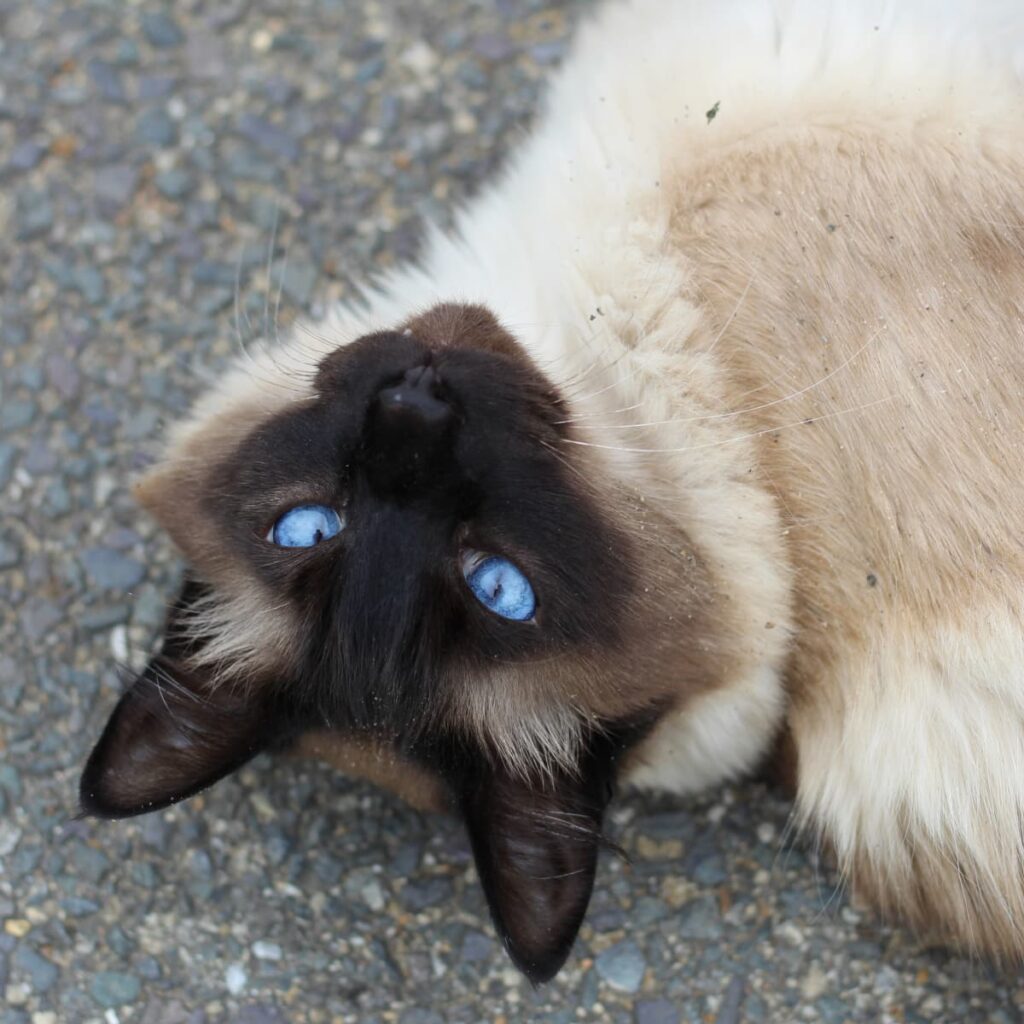Persian cats generally live for about 12-17 years, but with proper care, they can live up to 20 years. These long-haired beauties are known for their elegance and can enjoy a healthy, luxurious life if provided with the right environment and care.
Persian cats are famous for their stunning appearance and gentle nature. With their long, luxurious coat and striking features, these cats have been a favorite among pet lovers for centuries. If you are considering bringing a Persian cat into your home, it’s essential to understand their lifespan and how to ensure they live a long and healthy life.
We’ll explore the factors that contribute to the longevity of Persian cats, tips for caring for them, and how to create an environment that supports their well-being. By implementing the right strategies, you can help your Persian cat live a long and fulfilled life as the true diva they are.
Contents
Factors Affecting The Lifespan
Genetics and Breed Background: Persian cats are known for their long, luxurious coats and sweet temperament. Genetics play a crucial role in determining their lifespan. Proper breeding practices and selection of healthy bloodlines can contribute to a longer life expectancy.
Environment and Lifestyle: A stress-free and safe environment is essential for the well-being of Persian cats. Minimizing exposure to potential hazards, providing regular vet check-ups, and ensuring a comfortable living space can positively impact their longevity.
Diet and Nutrition: A balanced diet rich in essential nutrients is vital for maintaining the health of Persian cats. Providing high-quality cat food, proper hydration, and avoiding overfeeding can help prevent obesity-related health issues and support a longer, healthy life.
Health Issues Common In Persian Cats
Health Issues Common in Persian Cats
Persian cats are prone to some specific health issues that can affect their overall well-being. Respiratory problems are quite common in Persian cats due to their short, flat faces, which can lead to breathing difficulties. They are also susceptible to dental issues such as periodontal disease and gingivitis. Another significant health concern for Persian cats is polycystic kidney disease, a genetic condition that can affect their kidney function. Additionally, Persian cats are prone to various eye issues including excessive tearing and entropion. Proper grooming and care, especially regular brushing and eye cleaning, can help prevent matting and eye problems in Persian cats.
Tips For Maximizing The Lifespan Of Persian Cats
Persian cats can live a long and healthy life with proper care. Regular veterinary check-ups are crucial to identify any potential health issues early on and ensure they receive the necessary vaccinations. Providing them with balanced nutrition and ensuring they have access to proper hydration is essential for their overall well-being. Engaging them in regular exercise and providing mental stimulation through interactive toys or play sessions can help keep them physically and mentally active. Preventative dental care is important to maintain their oral health and prevent dental issues. Additionally, regular grooming and maintenance, including brushing their long coats and keeping their eyes and ears clean, can contribute to their overall health and well-being. |

Credit: www.post-gazette.com
Frequently Asked Questions For How Long Do Persian Cats Live? A Long And Healthy Diva Life
What Is The Average Lifespan Of Persian Cats?
Persian cats have an average lifespan of 12-17 years, and with proper care and attention, they can even live into their early twenties. Providing a nutritious diet, regular veterinary check-ups, and a stress-free environment can contribute to their longevity.
How Can I Ensure A Long And Healthy Life For My Persian Cat?
Ensuring a long and healthy life for your Persian cat involves providing a balanced diet, regular exercise, grooming, and maintaining a stress-free environment. Regular veterinary check-ups and vaccinations are also essential for their overall well-being and longevity.
Are There Specific Health Issues That Affect The Lifespan Of Persian Cats?
Yes, Persian cats are prone to certain health issues such as polycystic kidney disease, dental problems, and respiratory issues due to their brachycephalic skull shape. Regular monitoring and preventive care for these health issues can significantly impact their life expectancy.
What Can I Do To Enhance The Life Quality Of My Persian Cat?
To enhance the life quality of your Persian cat, provide a comfortable and safe living environment, enriching their surroundings with toys and activities, maintaining their grooming needs, and offering regular companionship and interaction. Attention to their emotional well-being is equally important for a fulfilling life.
Conclusion
Persian cats can live up to 15 years or more with proper care. Maintaining a healthy diet, regular exercise, and routine vet check-ups are essential for ensuring a long and fulfilling life for your feline companion. By understanding their unique needs, you can help your Persian cat live a long and healthy life.

Katie Lindsey is a passionate cat lover and founder of Cats Solution, a comprehensive resource for all things feline. With a lifelong love for cats and extensive knowledge in their care and behavior, she provides expert advice and solutions to cat owners. Through her website, Katie fosters a supportive community where cat enthusiasts can find guidance and heartwarming stories. A dedicated advocate for animal welfare, Katie also promotes responsible pet ownership and adoption. Join her on this purr-fect journey celebrating the joy of feline companionship.



